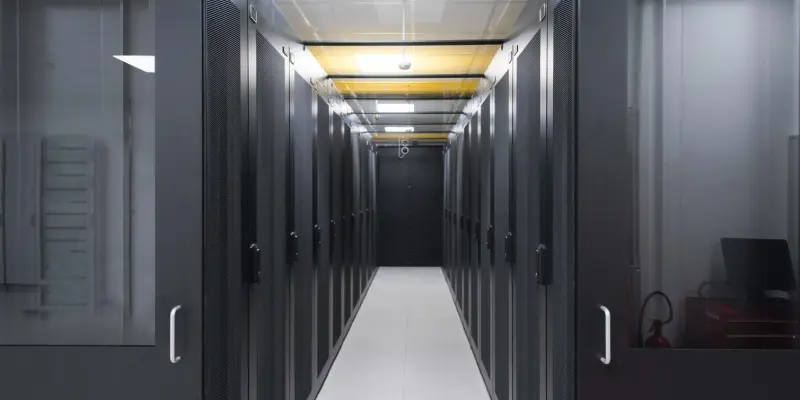The emergence of Bhopal as a potential data center hub in India marks a significant shift in the technological landscape of the region. While cities like Mumbai, Bangalore, and Hyderabad have traditionally dominated the data center space, Bhopal is now entering the arena with a substantial investment from CtrlS, an Indian data center firm. This development, situated on a five-acre plot in Badwai IT Park, represents an investment of Rs 500 crore ($59 million) and is poised to create over 200 jobs in the region. The decision to establish this center in Madhya Pradesh stems from the strategic advantages offered by its central location and the proactive support of the local government. The state is keen on advancing its profile as a technological talent hub through policies that incentivize data center investments.
Strategic Positioning and Local Support
Madhya Pradesh’s strategic location within India offers a practical advantage for data center operations, serving as a midpoint that can efficiently connect to various parts of the country. The state’s government has taken decisive steps to foster a supportive business environment, reinforcing its commitment through the ‘Global Capability Centers Policy.’ This policy not only encourages investments but also aligns with a broader effort to attract top technology firms and talent to the area. Despite Bhopal’s lack of existing data centers, there is a strong belief in the region’s potential for digital infrastructure growth. The local leadership’s forward-thinking approach is evident in its efforts to build a conducive atmosphere for technological advancement, which may position Bhopal as a new nucleus for data centers in central India.
CtrlS’s Expansion and Sustainability Efforts
CtrlS is expanding its presence beyond Bhopal to Indian cities like Patna and Lucknow, as part of a broader growth strategy that also spans internationally. A testament to this is the development of a new 150MW data center campus in Thailand. Committed to alignment with global sustainable trends, CtrlS plans to integrate solar energy into its operations, underscoring its dedication to eco-friendly practices. This initiative reflects wider industry shifts toward sustainable energy solutions. By embracing solar power, CtrlS aims to reduce its environmental footprint while meeting the growing demand for digital infrastructure. These efforts highlight CtrlS’s strategic goals to become a leader in India’s data center industry, potentially positioning Bhopal as a prominent player in the field. Bhopal’s potential transformation into a data center hub symbolizes ambitious regional infrastructure development. The city’s central location and supportive government policies could make it a data center focal point. With CtrlS’s involvement and sustainability initiatives, these strategic efforts could propel Bhopal, and India, into the forefront of the technological arena.

